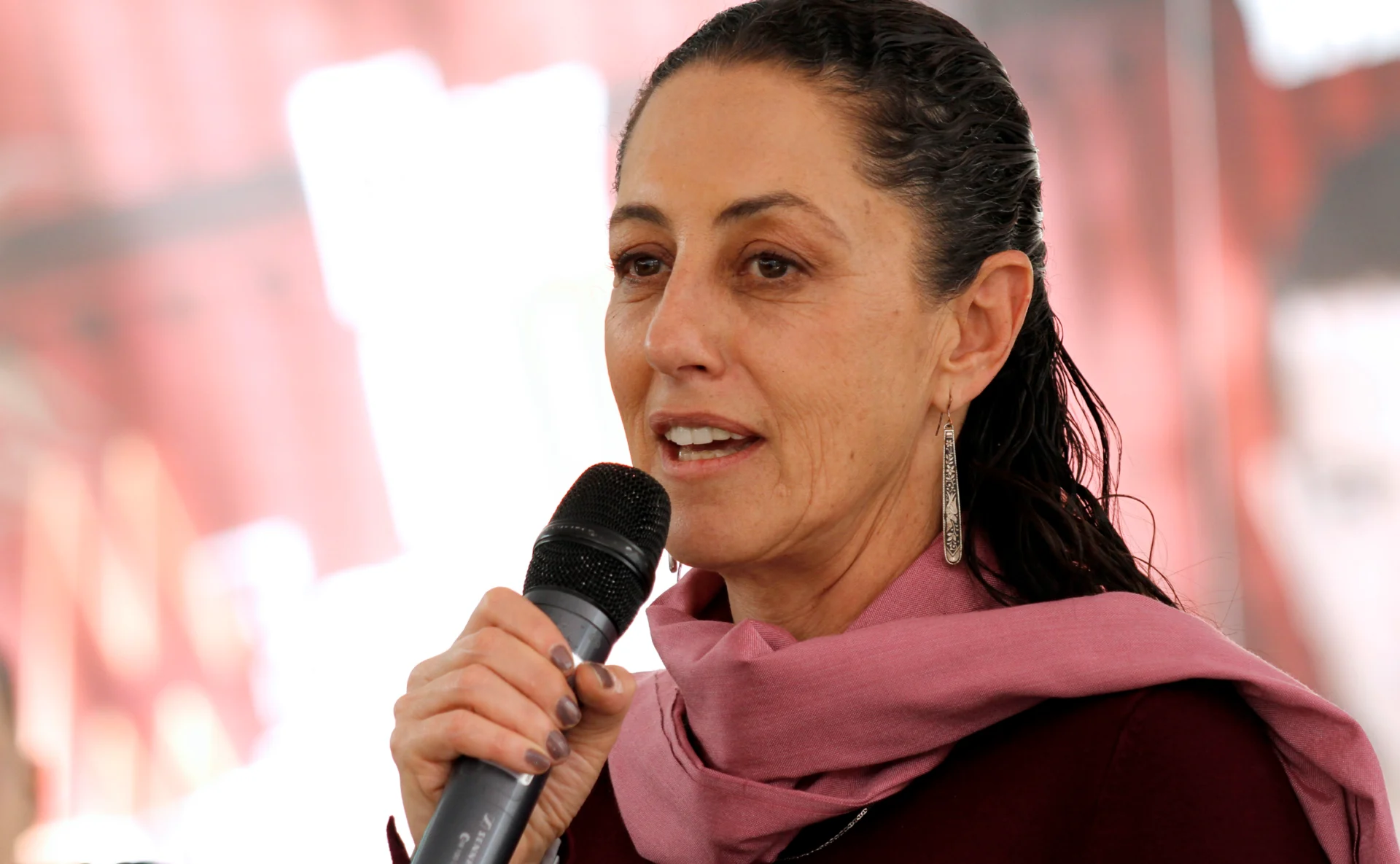Until the moment of the election in Mexico, everything seemed to be going perfectly. Supporters of Morena (the ruling political party) were daily posting the exchange rate of the dollar and were convinced that the country was on the right economic path. In terms of security, despite the increase in violence, they believed the rhetoric, blaming the past as an explanation.
What could go wrong if the president is popular? If the dollar’s exchange rate is a sign of economic prosperity; if talking about insecurity in past-tense verbs generates security in the present; if “all of Mexico” supports Andrés Manuel López Obrador. Just one detail: post-truth, that is, more than a hundred daily lies from the president.
Claudia Sheinbaum, the newly elected president of Mexico, faces major challenges. And those are not achieving novelties, or the trains she announced, or to increase pensions, but simply to make real, what is already believed to be reality, and yet it isn’t. The expectation will be impossible to meet because the fantasy has overflowed.
Economy
The election in Mexico was on the first Sunday of June. On May 21, the dollar was worth 16.60 pesos, and by June 10, it had already reached 18.58 pesos. On Sunday, August 4, the greenback crossed the 20-peso mark, and on Tuesday, August 6, it settled at 19.34 pesos. The first weekend of August saw a global collapse that affected all stock markets. The drops were severe. But Mexico’s problem does not stem from that. So, what happened?
Following the election results, López Obrador announced his reform to dismantle the judiciary and other checks and balances. Although Sheinbaum tried to downplay the issue by reaffirming the finance minister and appointing people with some international credibility, it was of little use. López Obrador has insisted on this issue every single day.
A country without checks and balances is a country without legal security, and investments avoid such a scenario. Also, it should be noted that with an interest rate of 10% (or higher), it was a good deal for foreign investors to hold money in pesos. But that changes with currency volatility because the depreciation is greater than that 10%, and capital seeks safer places. Authoritarian signals come at a price, and there it is.
The pressure on pension funds spending grows each year, turning into a snowball that will soon be impossible to manage. To this, one must add the increase in domestic debt (which is more expensive than external debt) and that PEMEX (Petróleos Mexicanos, the state oil company) owes more than two trillion pesos ($105.6 billion U.S. dollar).
Security
Security has been a tragedy throughout the entire term. López Obrador’s government will end with nearly 200,000 homicides. The previous administration recorded 156,066, the ones before that 120,462 and 60,280, respectively. But somehow, he managed to keep the issue on the back burner.
It wasn’t the center of the national narrative because no major scandals emerged, and because he successfully blamed former President Felipe Calderón and former secretary of Public Security Genaro García Luna—two people who lost power twelve years ago. But now there are no more of Calderón’s dead. There are López Obrador’s dead, and it’s the worst figure in history.
The spiral of silence broke with the strange capture of Ismael Zambada, known as El Mayo, which adds to the questions without any answers that are piling up. Why did he surrender to the United States? Why did some media report that “the National Guard’s strategy forced him to surrender”? Why does the president not know or deny knowing what happened? Why did the president apologize to the criminals, saying he had nothing to do with it?
The best explanation is that Morena modified the National Security Law in 2020 to include Article 74. It states that if a foreign government removes someone from national territory to bring them to trial in another country, the Mexican state will suspend the execution of bilateral cooperation agreements. Perhaps that’s why it’s better not to know.
On the other side of the Rio Grande, the news was seen as a major victory for Biden (who, by the way, needed it). Following the principle of Occam’s razor, the most likely explanation is the simplest one, and to me, it seems they took him to the United States.
It’s hard for the situation to worsen. But if the true state of affairs simply becomes visible, it will be a problem for the president-elect, who will have to answer for a situation that was swept under the rug for six years.
Other expectation problems
López Obrador has repeatedly said that there will be a healthcare system like Denmark’s, while the healthcare system is a disgrace. He has claimed there is no corruption, yet just in the cases that allegedly involved López Obrador’s family, more than 380 billion pesos are compromised. The same will happen with migration, the environment, education, sports, culture, children, human rights, and infrastructure, to name a few. It’s enough to say that the Dos Bocas refinery has been inaugurated three or four times and still hasn’t produced a single barrel of fuel.
Claudia Sheinbaum’s challenge is to maintain and achieve the reality that is believed to exist. But I don’t think she will last long in the presidency without it becoming evident that the narrative prevailed and that Mexico is in a very bad place. Perhaps that’s why we no longer see Morena militants posting the dollar exchange rate daily or the results of their government.
*Originally published in Diálogo Político













